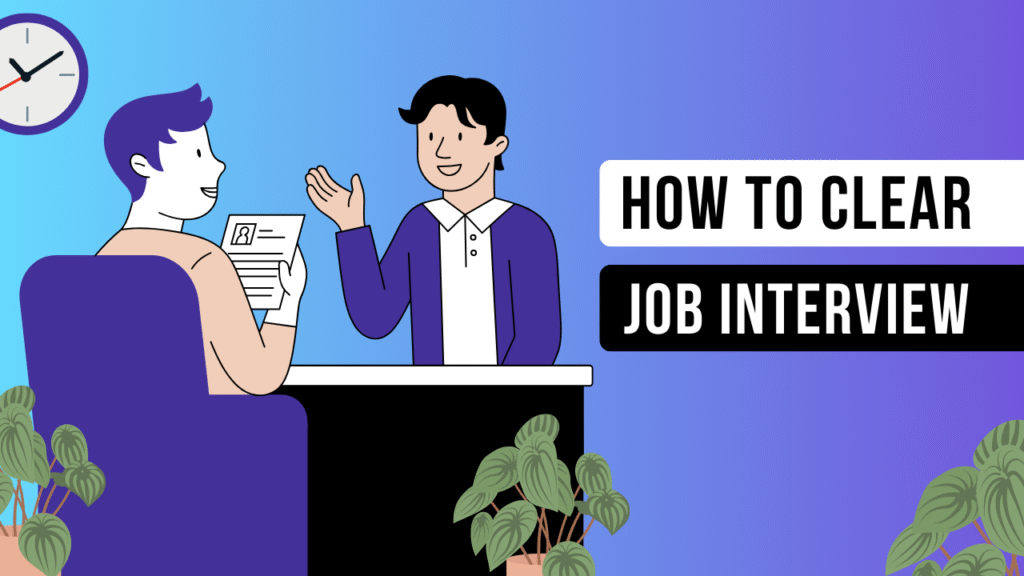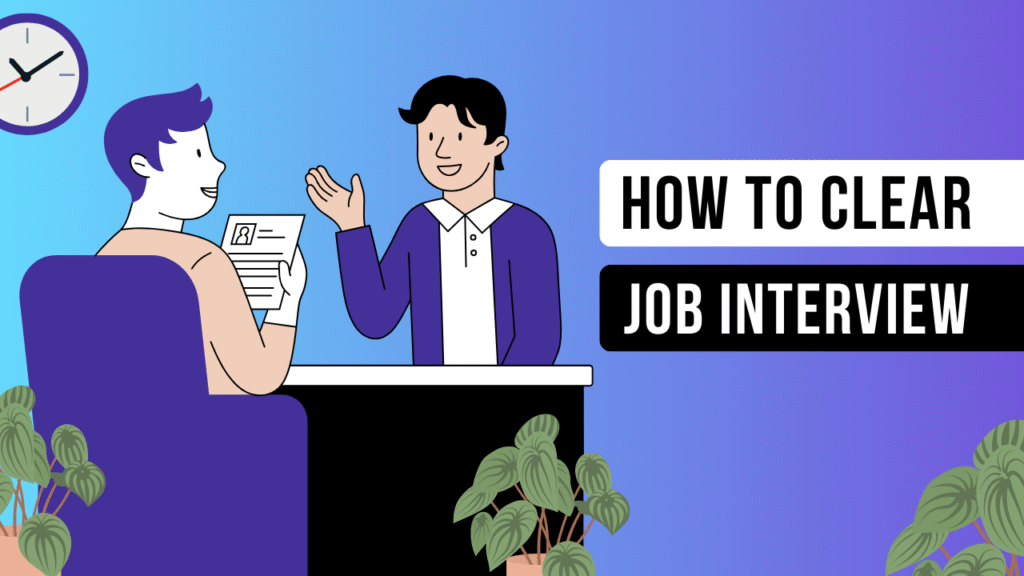
Obtaining a student visa is one of the most crucial steps in a student’s journey to studying in the United States. While the application process involves a fair amount of paperwork, the F1 visa interview at the U.S. Embassy or Consulate is the final and often most nerve-wracking stage. This guide provides a comprehensive list of frequently asked student visa interview questions, along with expert tips and model answers to help you succeed.
Understanding the F1 Visa
The F1 visa is a non-immigrant visa for students who want to pursue education in the United States. This includes college, university, high school, private elementary school, seminary, conservatory, or other academic institutions, including language training programs.
Pre-Interview Checklist
Before you go for your interview, make sure to have the following documents ready:
- Passport (valid for at least six months beyond your intended stay)
- DS-160 Confirmation Page
- Form I-20 from your SEVP-approved institution
- SEVIS Fee Payment Receipt
- Visa Interview Appointment Confirmation
- Academic transcripts and standardized test scores
- Proof of financial support
- Passport-sized photographs as per guidelines
Common USA Student Visa Interview Questions
Below is a detailed breakdown of the types of questions you might encounter during the F1 visa interview, grouped into categories:
1. Questions About Your Study Plans
These questions aim to understand your intent and clarity about your education in the U.S.
Q1. Why do you want to study in the USA?
A: “The U.S. has some of the best universities in the world and offers a flexible education system with a wide range of courses. The emphasis on practical knowledge and research aligns with my career goals.”
Q2. Why did you choose this particular university?
A: “I selected [University Name] because of its strong Computer Science program, renowned faculty, and research facilities in AI and data science. I also received positive feedback from alumni.”
Q3. How did you find out about this university?
A: “I researched universities through CollegeBoard, QS Rankings, and spoke with current students on forums like Reddit and LinkedIn.”
Q4. What course are you planning to pursue?
A: “I’m pursuing an MS in Computer Science with a specialization in Machine Learning and AI.”
2. Questions About Academics
To verify if you are a genuine student with the capability to succeed in the U.S.
Q5. What are your academic qualifications?
A: “I completed my Bachelor’s in Computer Engineering from [Your University] with a GPA of 8.5. I also scored 320 in GRE and 104 in TOEFL.”
Q6. What subjects will you study in the U.S.?
A: “My course will include subjects like Machine Learning, Deep Learning, Data Structures, and Cloud Computing.”
Q7. Why don’t you want to study in your home country?
A: “While there are good institutions here, the U.S. offers more exposure, diversity, global recognition, and research opportunities in my field.”
3. Questions About Financial Support
This helps the officer determine whether you can afford your education and living expenses.
Q8. Who is sponsoring your education?
A: “My parents are my sponsors. They have stable incomes and sufficient savings to fund my education and stay.”
Q9. Can I see your bank statements or proof of funds?
A: (Present documents without hesitation.) “Yes, here are the bank statements showing a balance of $50,000 along with an affidavit of support.”
Q10. What does your father/mother do?
A: “My father is a senior civil engineer in a government construction company, and my mother is a teacher.”
Q11. What is your annual family income?
A: “Our annual income is approximately $40,000, and we have additional savings.”
Q12. What if your sponsor fails to fund you?
A: “Apart from my parents, we have investments and backup financial plans. Also, I may apply for on-campus part-time jobs as permitted by my visa.”
4. Questions About Your Ties to Home Country
The visa officer needs to confirm that you plan to return home after your education.
Q13. What are your plans after graduation?
A: “I plan to return to my home country and work in a reputed tech company or contribute to my family’s business.”
Q14. Do you have any relatives in the USA?
A: (Answer honestly.) “Yes, my uncle lives in New Jersey, but I will be staying in student housing near campus.”
Q15. What will you do if you’re offered a job in the U.S. after graduation?
A: “My primary intention is education, not immigration. I plan to return and apply my skills back home.”
5. Behavioral and General Questions
To assess your personality, intentions, and English fluency.
Q16. Why should we grant you a student visa?
A: “I am a committed student with strong academic credentials. I’ve secured admission in a reputed university, have adequate funding, and a clear career plan post-study.”
Q17. Have you been to the U.S. before?
A: “No, this will be my first visit. I’m excited and prepared.”
Q18. How well do you speak English?
A: “I’m fluent in English. My TOEFL score is 104, and I’ve also completed several English-language presentations and projects.”
Top Tips to Ace Your F1 Visa Interview
Be Honest and Confident
Never lie or hide information. Speak clearly and with confidence.
Be Prepared with Documents
Organize your documents in a folder and be ready to show them when asked.
Practice Your Answers
While it’s important not to memorize, practicing sample questions helps you frame responses naturally.
Dress Formally
Treat it like a job interview. Wear formal attire.
Keep Answers Short and Relevant
Visa officers have limited time. Be concise but informative.
High-Volume, Low-Competition Keywords to Include
To boost visibility on Google, include variations of these keywords throughout your blog naturally:
- student visa interview questions
- f1 visa interview questions
- f1 interview questions
- f1 student visa interview questions
- usa student visa interview
- f1 visa mock interview
- f1 visa tips
- embassy interview questions for students
- f1 visa interview preparation
Sample Scenario: Mock Interview Dialogue
VO (Visa Officer): Why do you want to study in the USA?
You: The U.S. education system emphasizes innovation and research. The curriculum also includes practical training, which aligns with my career goals.
VO: How will you fund your education?
You: My parents are sponsoring me. I have their bank statements and an affidavit of support with me.
VO: What are your plans after graduation?
You: I aim to return to my home country and work with a leading IT firm or start my own consultancy.
FAQs: USA Student Visa Interview
Q: How long does the interview take?
A: Usually around 3–5 minutes, but sometimes up to 15 minutes.
Q: What happens if my visa is rejected?
A: You can reapply, but you must address the reason for rejection and bring updated documents.
Q: Can I work while studying on an F1 visa?
A: Yes, part-time on-campus jobs (up to 20 hours/week) are allowed.
Final Thoughts
Securing a U.S. student visa can seem intimidating, but with the right preparation and mindset, you can sail through the interview. Focus on being genuine, organized, and confident. Remember, the visa officer just wants to verify that you are a serious student, financially secure, and plan to return home post-studies.
By preparing thoroughly for common student visa interview questions, particularly the f1 visa interview questions, you increase your chances of a successful outcome. Bookmark this guide, and good luck with your study abroad journey!









